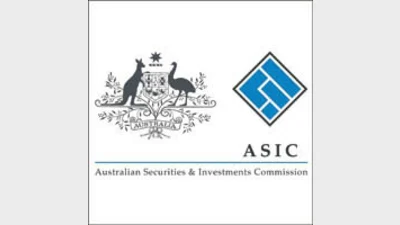Consumers in the dark on compensation



When misconduct from within the financial services industry leads to investor loss and hardship, investors are often unaware of existing avenues of redress and do not pursue legal action.
That is one of the key findings from a research paper commissioned by the Australian Securities and Investments Commission (ASIC) that aims to uncover the social impact resulting from misconduct in the financial services industry, and personal consequences when investors are not fully compensated.
The clients of financial planners had no idea that they had any recourse except to take individual legal action, for example their financial service provider’s internal dispute resolution system, or external avenues such as the Financial Ombudsman Service, the research found.
Only some investors who had been pushed almost to the limit initiated legal action, while many were reluctant to pursue such action as they blamed themselves for their losses, the report stated.
Investors who suffered most were over-invested, under-diversified or too heavily geared, and most losses were associated with a product that was frozen or collapsed, the report stated.
Unsurprisingly those who suffered monetary loss lost confidence in the Australian financial system, financial advisers, the Government and regulators including ASIC.
In cases where ASIC took legal action on behalf of consumers they were compensated more fully and more quickly, according to ASIC senior executive leader, consumer, advisers and retail investors, Delia Rickard.
“Financial advisers must properly respond to complaints, especially when markets are turbulent,” she said.
“Licensees should also advise their clients of the right to complain to external dispute resolution schemes on their websites, in disclosure documents and more crucially when handling complaints,” Rickard said.
Recommended for you
The central bank has released its decision on the official cash rate following its November monetary policy meeting.
Melbourne advice firm Hewison Private Wealth has marked four decades of service after making its start in 1985 as a “truly independent advice business” in a largely product-led market.
HLB Mann Judd Perth has announced its acquisition of a WA business advisory firm, growing its presence in the region, along with 10 appointments across the firm’s national network.
Unregistered managed investment scheme operator Chris Marco has been sentenced after being found guilty of 43 fraud charges, receiving the highest sentence imposed by an Australian court regarding an ASIC criminal investigation.











